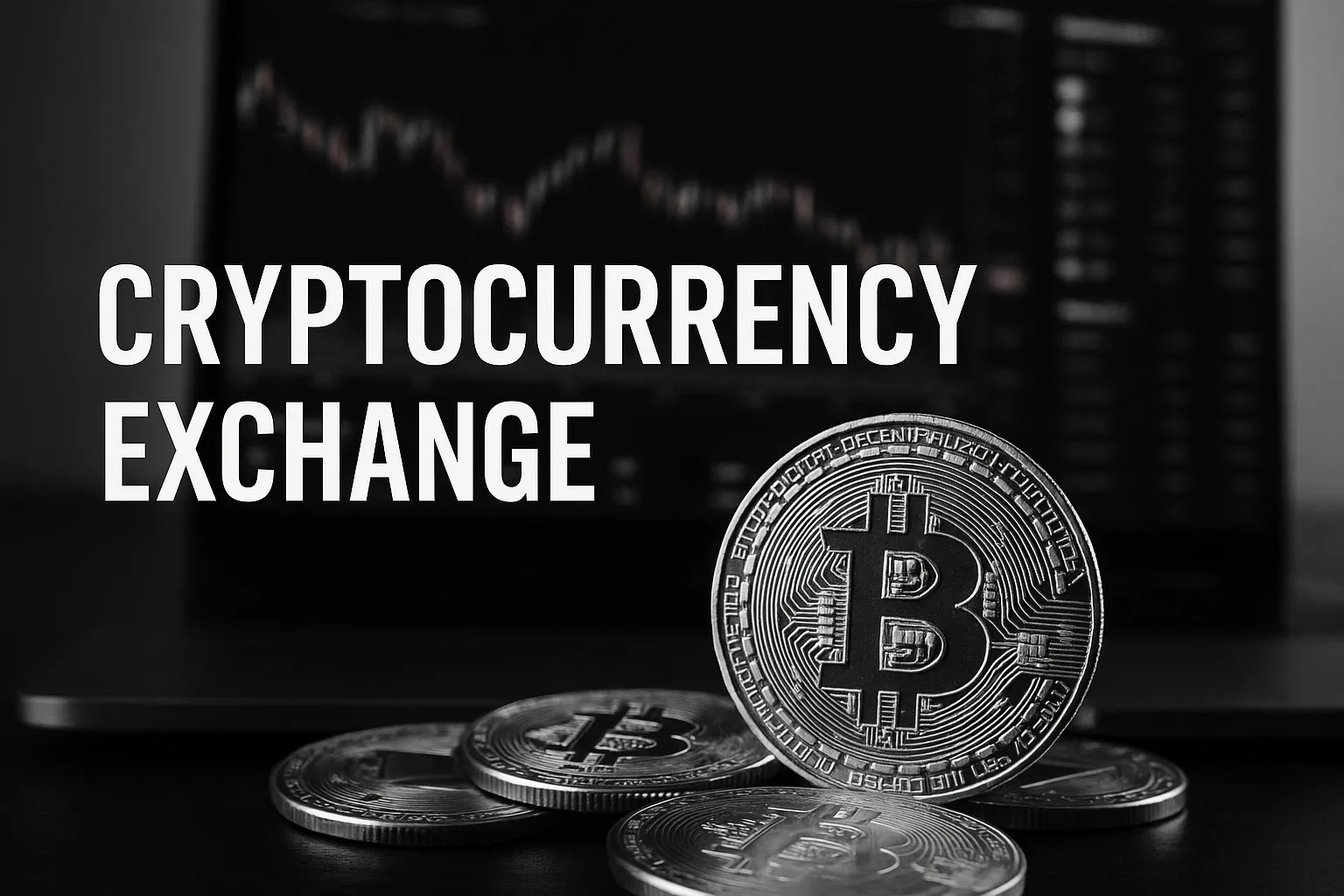
What Is a Cryptocurrency Exchange?
The cryptocurrency industry has grown into a global market worth trillions of dollars, and at the centre of this expansion sits the crypto exchange. For many traders, exchanges are the first point of contact with digital assets, offering a platform to buy, sell, and manage tokens. As crypto continues to evolve, understanding how these exchanges operate has become essential for anyone looking to participate.
What Is a Cryptocurrency Exchange?
A cryptocurrency exchange is a digital marketplace where users trade cryptocurrencies against other digital assets or traditional currencies like the US dollar, euro, or pound. These platforms provide liquidity, pricing, and access to markets that would otherwise be inaccessible to everyday investors. They range from small niche operators to global giants serving millions of users.
Exchanges can be divided into two main categories:
Centralised Exchanges (CEXs)
These are run by companies that act as intermediaries, holding custody of users’ funds. Centrally managed platforms offer user-friendly interfaces, high liquidity, and advanced features such as derivatives and staking.Decentralised Exchanges (DEXs)
Operating without intermediaries, DEXs allow peer-to-peer trading directly on blockchain networks. They provide greater privacy but often come with lower liquidity and higher complexity.
Why Exchanges Matter
The importance of a cryptocurrency exchange cannot be overstated. They are the backbone of the industry, creating a gateway for adoption. Without them, traders would struggle to convert fiat into digital assets or trade between tokens efficiently. Exchanges also provide critical infrastructure for price discovery, helping markets function smoothly.
Features of a Good Exchange
For traders and investors, choosing the right cryptocurrency exchange is about more than convenience. Key features include:
Liquidity: Executing large orders in a liquid market prevents significant price movements.
Security: Robust protection against hacks and fraud is non-negotiable. Leading exchanges use cold storage, multi-signature wallets, and insurance policies.
Regulation: Compliance with local laws builds trust and reduces the risk of sudden shutdowns.
Trading Tools: From basic spot markets to advanced derivatives, exchanges should cater to both beginners and professionals.
User Experience: Interfaces that are intuitive and mobile-friendly make trading accessible to all.
The Role of Regulation
Around the world, regulators are paying closer attention to the role of exchanges. Regulators view a well regulated cryptocurrency exchange as crucial for safeguarding investors and mitigating the risk of money laundering. In Europe, the Markets in Crypto Assets Regulation is creating a standardised framework, while in the United States, agencies like the SEC and CFTC continue to expand oversight. Asia, meanwhile, has emerged as a hub for exchanges in countries such as Singapore, Japan, and South Korea.
Risks of Using Exchanges
While exchanges are essential, they also present risks. Centralised platforms hold custody of user funds, which makes them targets for hackers. The collapse of unregulated exchanges in the past has shown how devastating poor management can be. On the other hand, decentralised exchanges, while secure in principle, often suffer from technical vulnerabilities such as smart contract exploits. For this reason, investors are urged to research carefully before choosing a cryptocurrency exchange.
Institutional Involvement
Institutions are now driving significant activity on exchanges. Hedge funds, pension funds, and corporate treasuries increasingly rely on these platforms for exposure to digital assets. For institutions, the credibility of a cryptocurrency exchange is critical. They demand transparency, compliance, and custody solutions that meet traditional finance standards.
The Future of Exchanges
The future of exchanges will likely involve consolidation and greater integration with traditional finance. Partnerships between banks and crypto platforms are becoming more common. The tokenisation of real-world assets, such as equities, property, and commodities, will expand the role of exchanges beyond cryptocurrencies. Innovations in decentralised finance will also shape new hybrid models that combine the strengths of centralised and decentralised platforms.
From small retail traders to global institutions, everyone engaging with digital assets relies on exchanges. They provide the liquidity, security, and infrastructure that make the market function. But not all platforms are equal. A trustworthy cryptocurrency exchange must combine robust security, regulatory compliance, and user-focused services.
As digital assets continue to expand into the mainstream, exchanges will remain the beating heart of the industry. For traders, choosing the right platform is one of the most important decisions they will make. A well-chosen cryptocurrency exchange can be the difference between a seamless trading experience and a risky venture into uncharted territory.
Stay on top of any cryptocurrency news by following us on X @ouinex